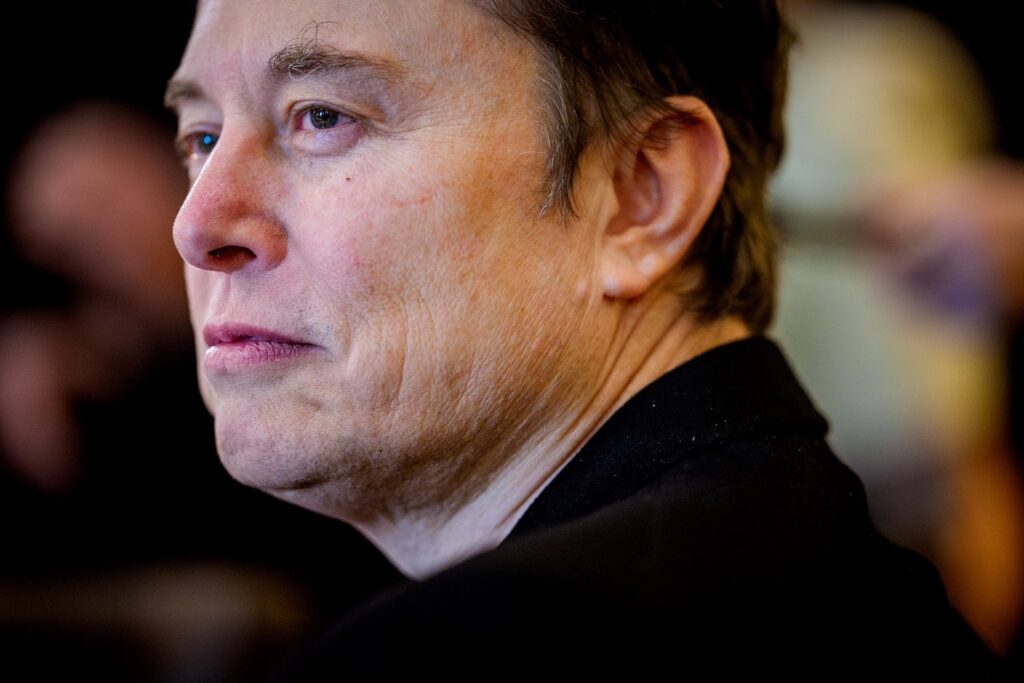
Since its establishment in 2002, SpaceX has become a dominant player in commercial spaceflight and a crucial launch provider for the U.S. government. An investigation by The New York Times reveals that the company may have avoided substantial federal income taxes for the past two decades, raising concerns about its financial practices and reliance on government funding.
The internal documents reviewed by the newspaper indicate that SpaceX has taken advantage of net operating loss (NOL) carryforwards. This U.S. tax provision allows companies to use past losses to offset their future taxable income. By the end of 2021, SpaceX had accumulated nearly $5.4 billion in tax losses, enabling it to potentially avoid federal taxes on an equal amount of future income. A significant change came in 2017 when then-President Donald Trump eliminated the expiration date for NOLs, effectively allowing SpaceX to apply these losses indefinitely.
Elon Musk, the company’s founder, has projected ambitious revenue goals for SpaceX. In June, he announced via his social media platform, X, that the company’s revenue is expected to surpass NASA’s entire budget next year, reaching an impressive $15.5 billion. According to estimates by Payload, SpaceX’s revenue for 2024 is projected at $13.1 billion, a significant increase from $8.7 billion in 2023.
The investigation by The Washington Post highlights that Musk and his businesses have secured at least $38 billion in government contracts, loans, subsidies, and tax credits over the past two decades. Additionally, there are ongoing contracts that could yield an extra $11.8 billion for Musk’s companies from various government agencies, including NASA and the Department of Defense.
A substantial portion of SpaceX’s revenue is derived from federal contracts. The documents reviewed by The New York Times reveal that approximately 84% of SpaceX’s revenue in 2020 and 76% in 2021 came from these contracts. Tax experts have expressed concern over the implications of SpaceX’s ability to avoid more than $5 billion in federal income taxes, particularly given the company’s heavy reliance on government contracts.
While SpaceX has reportedly paid some income tax to foreign and state governments, it appears the company has not contributed to U.S. federal taxes since its inception, according to the documents. This situation presents a complex issue: a firm that has significantly benefited from federal funding may not be contributing fairly back to the public sector.
As SpaceX continues to play an integral role in the U.S. space economy and national defense, the relationship between the company and federal funding raises critical questions about corporate responsibility and tax practices. With its planned revenue growth and reliance on government contracts, it remains to be seen how this dynamic will evolve in the coming years.







